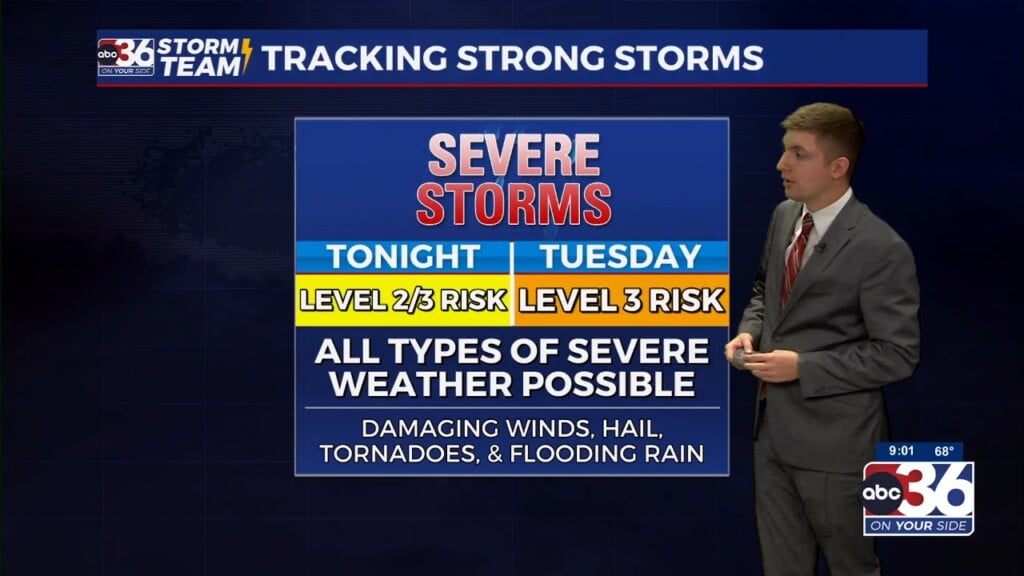Violations claims growing in Russian national election
MOSCOW (AP) — Complaints of election violations in the Russian parliamentary vote were increasing Sunday amid reports of a record low turnout in Moscow, signaling voter apathy and a likely decrease in state employees being coerced to vote.
The voting for the 450 seats in the State Duma, the lower house of parliament, was not expected to substantially change the distribution of power, in which the pro-Kremlin United Russia party holds an absolute majority. But the perceived honesty of the election could be a critical factor in whether protests arise following the voting.
Massive demonstrations broke out in Moscow after the last Duma election in 2011, unsettling authorities with their size and persistence.
Voter turnout in Moscow appeared to be much lower than in 2011, indicating that the widespread practice of coercing state employees to vote in previous elections wasn’t as prevalent this time around.
The turnout by 6 p.m. (1500 GMT; 11 a.m. EDT) was at a record low of 29 percent, compared to over 50 percent five years earlier.
Previous elections have shown that the regions with the highest turnout were where voters, mostly state employees, were pressured to cast ballots.
Grigory Melkonyants, co-chairman of the election monitoring group Golos, attributed the weak showing on Sunday to voter apathy aided by almost invisible campaigning by the ruling party and the opposition alike.
Melkonyants said on the Dozhd online television station it also reflected less anxiety among local authorities to produce a high turnout.
Golos had received more than 2,000 complaints of suspected vote rigging from all over the country by early afternoon.
Among the potential violations he cited were long lines of soldiers voting at stations where they were not registered and voters casting their ballots on tables instead of curtained-off voting booths.
A video posted on YouTube appeared to show a poll worker in the southern Rostov region dropping multiple sheets of paper into a ballot box.
On Sunday morning, Russia’s election commission head said results from voting in a Siberian region could be annulled if allegations of vote fraud there are confirmed.
A candidate from the liberal Yabloko party in the Altai region of Siberia told state news agency Tass that young people were voting in the name of elderly people unlikely to come to polling stations.
Independent election observers and opposition candidates on Sunday reported busloads of people arriving at their polling stations in Moscow to vote, fueling speculations of multiple voting with the help of absentee ballots.
Deputy Interior Minister Alexander Gorovoy said in televised comments that police are looking into the potential of fraud in both Altai and in Rostov, but said he had not seen “the actual facts of the so-called cruise voting.”
Melkonyants of Golos said most of the complaints the organization received from Moscow were about those groups of voters although he said he “couldn’t categorically say that this is a violation.”
“But observers perceive it as a trick which local officials could be using in order to boost the turnout in their districts,” Melkonyants said, adding that the bus passengers also may have been coerced to vote in violation of Russian law.
Elections Commission head Ella Pamfilova conceded that boosting the turnout in the areas where it was expected to be low might explain the voters traveling by bus and denied suggestions of multiple voting.
“Wherever they go, they can’t influence results of the vote. It makes no difference where a person votes for the party of their choice,” she said.
Pamfilova is a well-known human rights activist whose appointment five months ago to head the election commission brought expectations that this year’s vote would see fewer controversies about violations. Pamfilova pledged to stand down if the election is proven to be rigged.
This election is a departure from the two previous votes for the Duma, in which seats were distributed on a national party-list basis; this year, half the seats are being contested in single districts. Independent candidates were also allowed, although only 23 met the requirements to get on the ballot, according to the elections-monitoring mission of the Organization for Security and Cooperation in Europe.
Pre-election polling by the independent Levada Center indicated that only the four parties now in parliament — United Russia, the Communists, the nationalist Liberal Democrats and A Just Russia — would get enough nationwide votes to be allotted seats. Prospects for the single-district races were unclear.
Many voters at a polling station in southwest Moscow said the only reason to cast a ballot was to take votes away from United Russia, which has dominated the parliament for more than a decade.
Alexei Krugly, 63, said he voted for Yabloko because he “feels even more distaste for others.”
“They’re just as bad as everyone, but I stand for diversity,” he said. “This time I came (to vote) because Yabloko got its act together and I think it has chances to make it to the Duma.”
Voters also seemed anxious about the Russian economy, which has been battered by lower oil prices and economic sanctions from the West.
“The economy needs a boost,” Nikolay Kovalenko, 20, a first-time voter who went with the Kremlin-friendly business oriented Party of Growth, said. “United Russia been around for too long, we need to try something new.”
In Moscow, a man claiming to have a bomb threatened to blow up a polling station. Mayor Sergei Sobyanin said on Twitter that the man was quickly arrested and Russian news agencies said no bomb was found.
In the Ukrainian capital Kiev, dozens of right-wing protesters gathered around the Russian embassy, where a voting station was set up. At least one demonstrator was detained in a scuffle with police. Another demonstration took place outside the Russian consulate in Odessa, where four protesters were arrested.




Leave a Reply